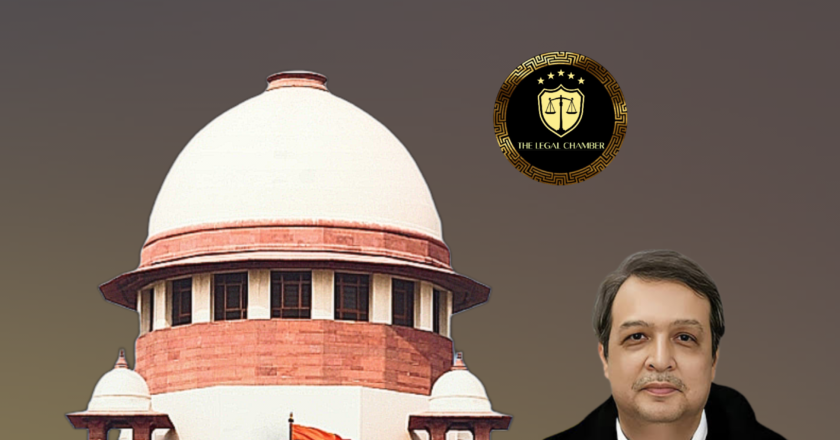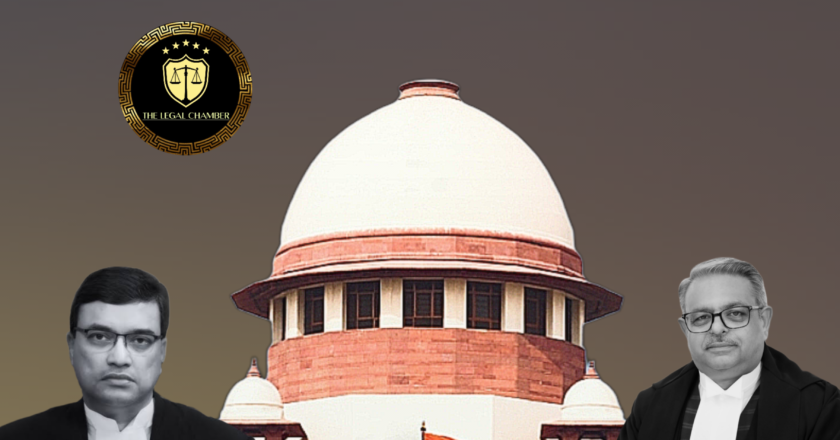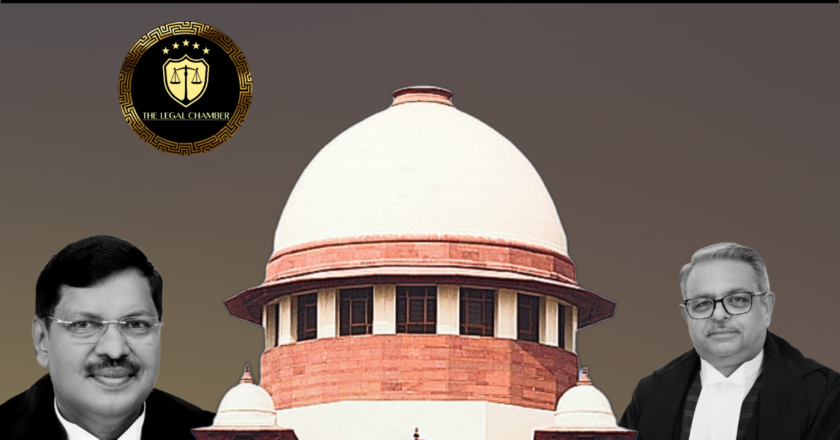Supreme Court Shields Lawyers: Police Can’t Summon Advocates as Witness
The Supreme Court ruled that investigating agencies cannot directly summon an Advocate to disclose privileged communications with a client under Section 132 of the Bhartiya Sakshya Adhiniyam (BSA), 2023. Such a summons violates the attorney-client privilege and the accused's fundamental rights. Any exception must be explicitly justified, approved by a senior officer, and is subject to judicial review under Section 528 of the BNSS.
Facts Of The Case:
An FIR was registered at the Odhav Police Station in Ahmedabad, Gujarat, under the Bharatiya Nagarik Suraksha Sanhita (BNSS), 2023, and other statutes concerning a loan agreement dispute. Following the arrest of an accused, an Advocate filed a successful bail application before the Sessions Court. Subsequently, the Assistant C...









